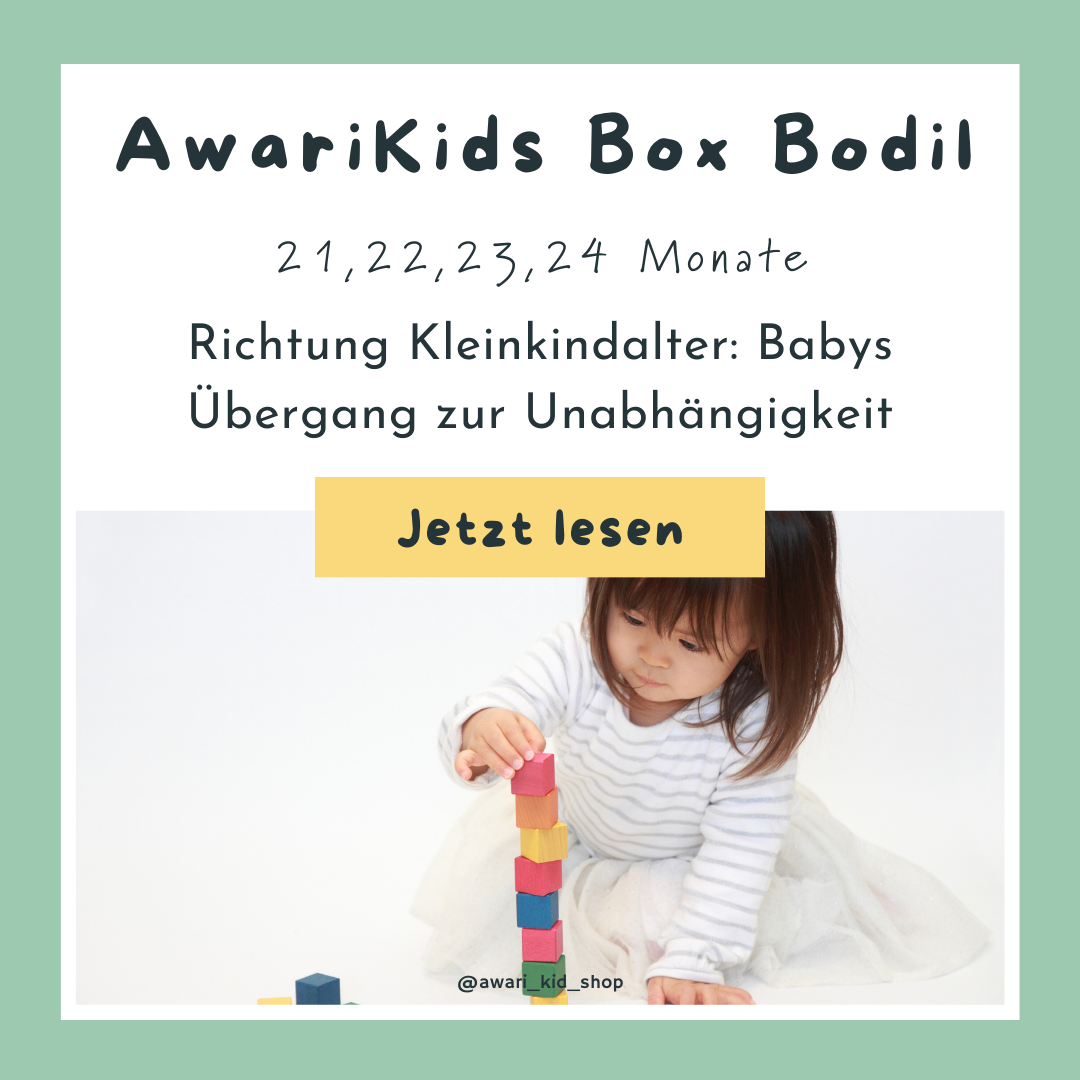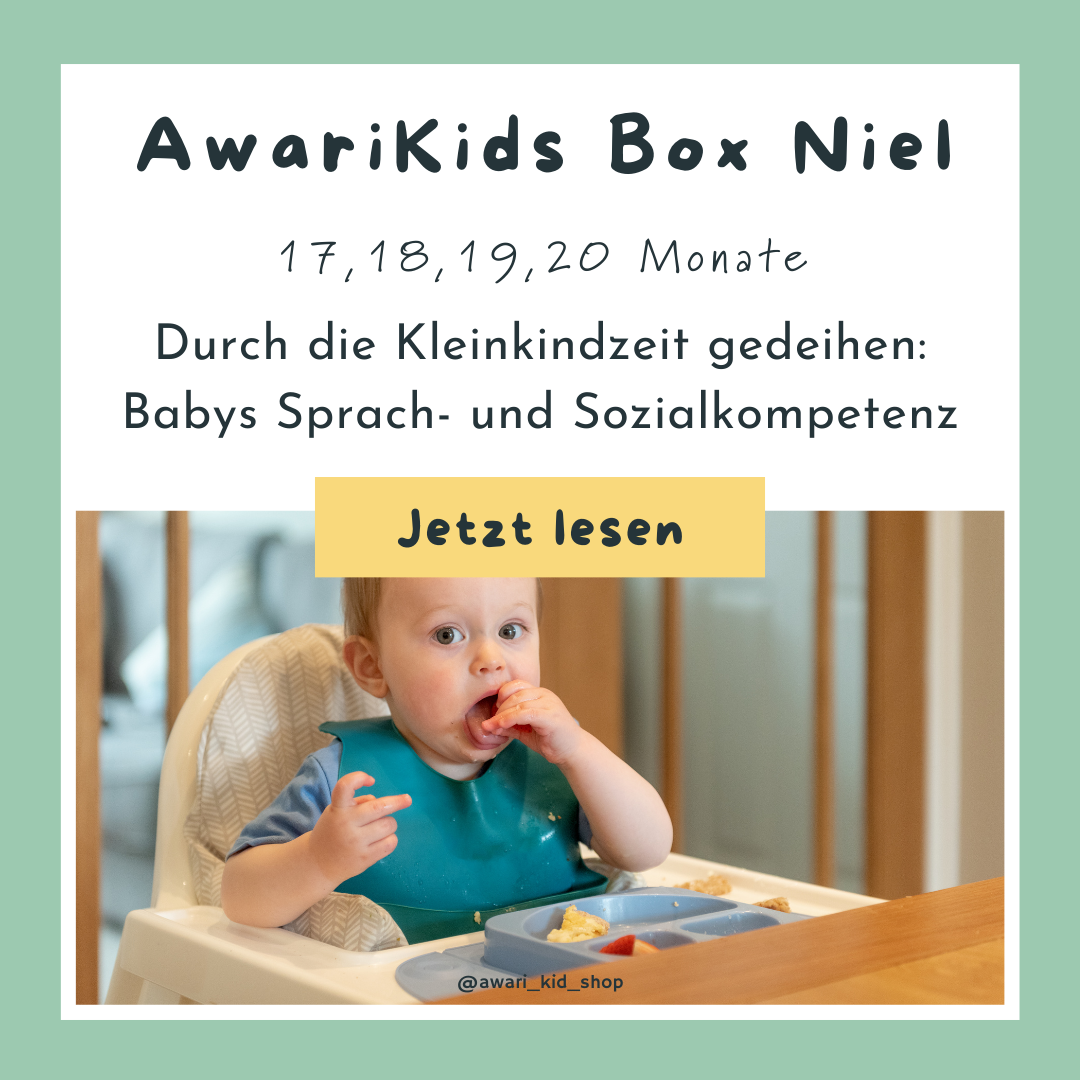"Mom - please don't leave me alone!"
(pain of separation in children)
It doesn't matter whether it's in daycare, on a play date, or during leisure activities - your child can feel the pain of parting with every separation. Separation anxiety shows that you are your child's safety net, the person they trust and need the most. And saying goodbye can hurt.
It's completely normal that you feel sorry for your child, or that you're annoyed because you have to go urgently. But remember, your child is a helpless being, full of love for you and needs support in this phase of fear and the pain of separation. He needs someone to help him out of this emotional state. Up to the age of seven and beyond, with further transitions these can appear. Separation anxiety can have a variety of reasons, but it's usually an interaction.
Your child's self-confidence: Self-confident children usually find it easier to say goodbye
Preceded "separation experiences": If your child has already been "separated" from you several times and has experienced that you will reliably come back, it will most likely be a little easier for him to say goodbye
relationship with caregivers: If your child can fall back on a trusted reference person when saying goodbye, that gives him security and it will probably be easier to say goodbye
Empathy: When your child feels you understand and acknowledge their feelings and don't downplay them, they feel seen and heard. This helps him to deal with them better in the situation
Familiarity with the premises/environment: If you leave your child in a familiar environment, it can also make saying goodbye easier.
However, it can also simply be at the daily form your child is lying, maybe it slept badly, doesn't feel well, or it just has a very special need to be with you that day.
What can you do actively?
Show your kid real ones Empathy, talk to him as equals. Naming your child's feelings shows them that you see them and that you care about their needs.
An comfort object can help, for example it can be a personal item of yours, a scarf that smells like you, a bracelet or something similar. But it can be something you have made yourself, e.g. a painted stone.
Prepare your child transparent on the breakup, tell him you're going, what you're going to do after that. Do not prolong the farewell unnecessarily, as this will also prolong the pain of separation from your child. Leave the comforting to a caregiver
creates Trust in the environment and caregivers. Talk about the setting at home, if you want you can z.Bsp. Draw pictures of it and hang it up at home.
Plane enough time for goodbye. Saying goodbye works best when it can be done without hectic and stress. Remember that a child will know when you are stressed and this will pass on to your child.
Established a fixed farewell ritual, e.g. a secret sign, or a kiss on the nose.
Don't just sneak awaywhen your child is distracted - sooner or later they will notice that you are gone. This will make your child feel abandoned by you, which in turn will negatively affect your trust.
tell your child where you are going and when you will be back. Statements such as "I'll pick you up at 16 p.m." are of little help to your child. But you can tell him "I'll pick you up after the nap. This is a tangible point for your child.
Even if you have followed all the points, your child may still cry. Most importantly, the goal is not to prevent your child from crying or to have your child hold back their tears. It's sad and it's allowed to express this sadness. With the tears, your child signals to those around him that he is overwhelmed by the situation and therefore needs comfort. The acute phase of mourning usually does not last long.
However, if the pain of separation persists for a long time, it is important to take a closer look. Even if your child becomes depressed or sad after being picked up, seek a conversation with the care staff.
With tears falling every time they say goodbye, parents often wonder if their child has an anxiety disorder. In most cases, this concern is unfounded. In most cases, the pain of separation disappears when your child has learned to cope with the pain with loving care. If an emotional disorder with separation anxiety is really present, the fears are much more pronounced and last beyond the typical age range.
Children who are affected by an anxiety disorder not only suffer when they say goodbye, for example it is a huge challenge for them to stay alone or with people they know without their parents. Falling asleep is also often very difficult because they Don't want to "separate" from parents in the evening. The pain of separation shows up not only in tears, but also in tantrums. In some cases, there are also physical complaints, such as nausea, abdominal pain, headaches, etc. If this is the case with your child, you can discuss it with your pediatrician or a child therapist.


